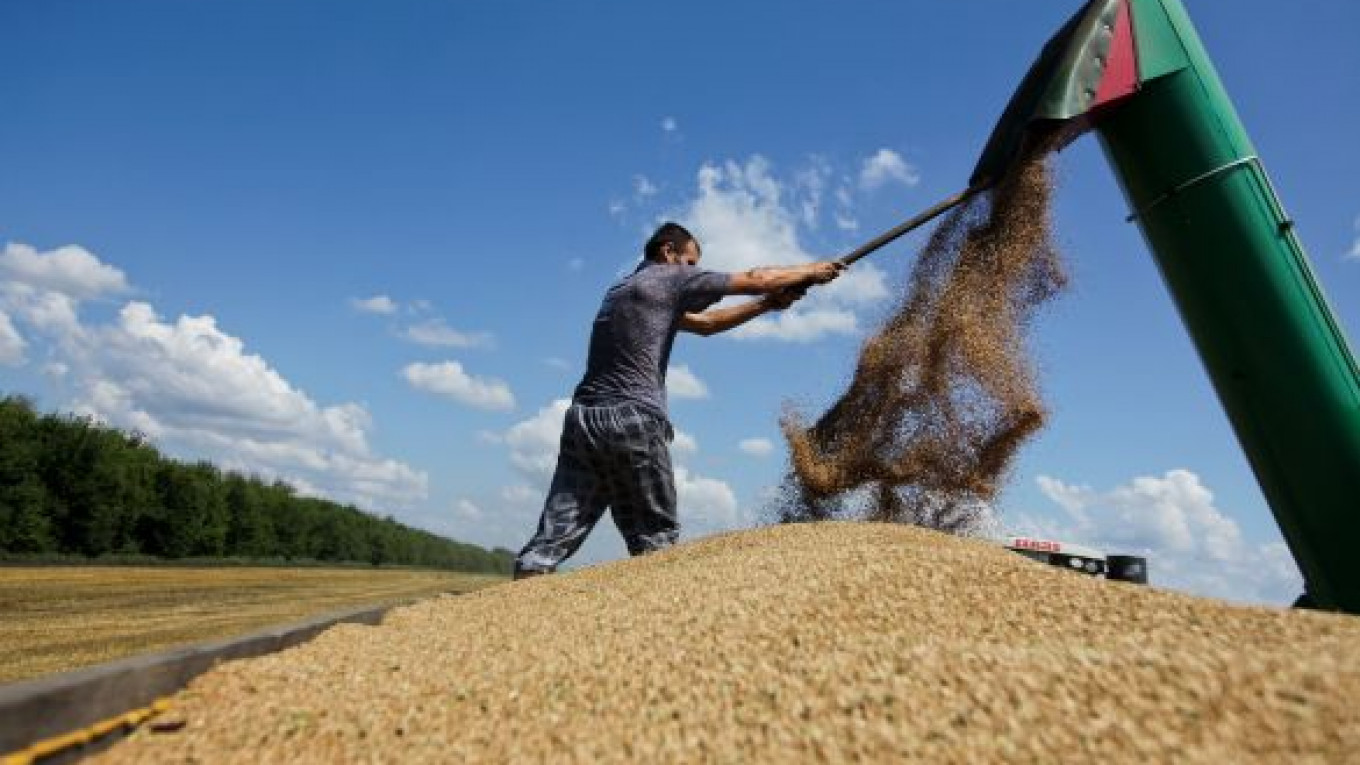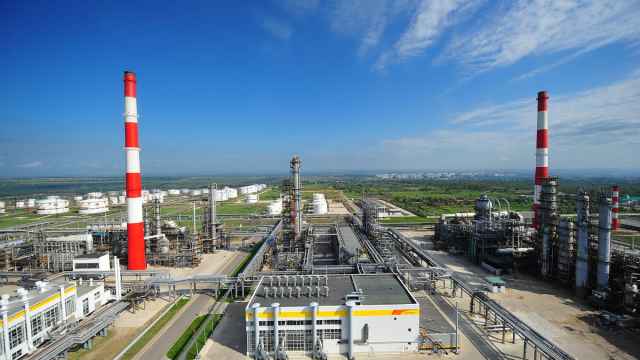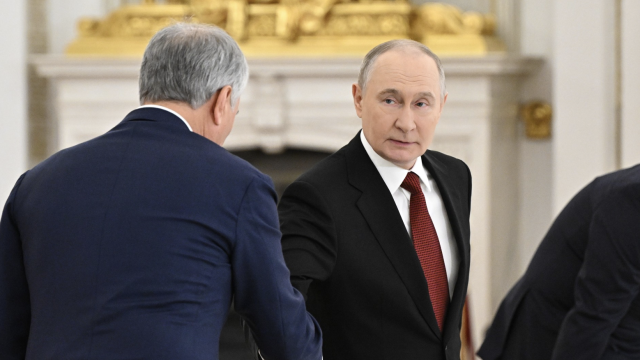Russia, the world's third biggest wheat exporter, will lose about 7.2 million metric tons of grains in three key growing regions this year due to drought, according to estimates from regional governments and a producer.
Krasnodar, Russia's biggest growing region, which harvested 11.4 million metric tons of grains last year, may have 4 million tons less wheat and may see its barley crop fall by 500,000 tons this year, the region's governor, Alexander Tkachev, said, according to a statement on his administration's website Tuesday. The wheat yield is expected to fall to 4 tons a hectare from 5.5 tons a hectare, he said.
"There is a forecast saying we can lose up to a quarter of the harvest," Tkachev said. Krasnodar's final grain crop may fall 3 million tons to between 8 million and 8.5 million tons in 2012, he said.
Valery Zerenkov, governor of the Stavropol region, Russia's second biggest grower, declared a state of emergency in half of the territory Tuesday because of drought, according to an order published on the region's agriculture ministry website. The grain harvest is expected to be 2.5 million to 3 million tons smaller than last year's 8.2 million tons, the government said last week.
In Rostov, the country's third biggest grower, where three of the region's 43 districts are in drought, rainfall on the weekend wasn't enough to save heat-damaged grains, said Andrei Kruglikov, director of the agricultural division of Rusgrain Holding, a Russian grain and poultry producer.
Recent rains may have helped ear maturation on the grain plantings that survived the drought and spring crops including corn, sunflowers and sugar beets that are still growing, he said by phone from the company's fields.
Rostov may have lost up to 15 percent of its crop, Kruglikov said. Last year, the area harvested 7.7 million tons of grains, according to the state statistics data. That means the region's harvest may fall by as much as 1.2 million tons, according to Rusgrain.
A Message from The Moscow Times:
Dear readers,
We are facing unprecedented challenges. Russia's Prosecutor General's Office has designated The Moscow Times as an "undesirable" organization, criminalizing our work and putting our staff at risk of prosecution. This follows our earlier unjust labeling as a "foreign agent."
These actions are direct attempts to silence independent journalism in Russia. The authorities claim our work "discredits the decisions of the Russian leadership." We see things differently: we strive to provide accurate, unbiased reporting on Russia.
We, the journalists of The Moscow Times, refuse to be silenced. But to continue our work, we need your help.
Your support, no matter how small, makes a world of difference. If you can, please support us monthly starting from just $2. It's quick to set up, and every contribution makes a significant impact.
By supporting The Moscow Times, you're defending open, independent journalism in the face of repression. Thank you for standing with us.
Remind me later.






